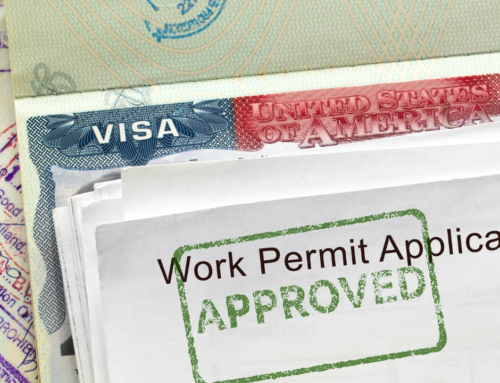Please note: On February 26, 2021, the DOL delayed the rule’s effective date to April 30, 2021. Upon reviewing the 2020 rule, the DOL approved several portions of the final rule, including the following:
- A provision that prohibits employers, including supervisors and managers, from keeping tips received by workers (regardless of whether the employer takes a tip credit).
- A provision that allows employers who do not take a tip credit to include non-tipped workers (such as cooks and dishwashers) in nontraditional tip-sharing pools.
Read the DOL news release for details.
On December 22, 2020, the U.S. Department of Labor announced a final rule revising its tipped-employees regulations under the Fair Labor Standards Act. The amendment prohibits employers from withholding their employees’ tips, governs the amount of time tipped employees can spend on untipped work, and establishes rules governing tip pooling. The final rule will go into effect March 1, 2021.
In summary, the final rule:
- prohibits employers from keeping tips received by employees for any purpose, regardless of whether they take a tip credit;
- restricts managers and supervisors from keeping tips received by their direct reports;
- allows employers that do not take the tip credit to create “nontraditional” tip pools that include employees who do not customarily receive tips, such as cooks and dishwashers (so long as they receive minimum wage);
- employers that set up a mandatory tip pool must distribute those tips to employees when wages are paid or more frequently;
- incorporates a new recordkeeping policy for employers facilitating a mandatory tip pool; and
- provides clarification on employers’ ability to take a tip credit for time an employee spends on related, non-tipped activities performed before, during, or after tipped duties.
It is a good idea to review policies and practices that are applicable to tipped employees in light of the final rule published by the DOL and be on the lookout for additional guidance from the DOL under a new administration. Additionally, check with your state to ensure that you are in compliance with applicable state and local laws.
Additional Resources




